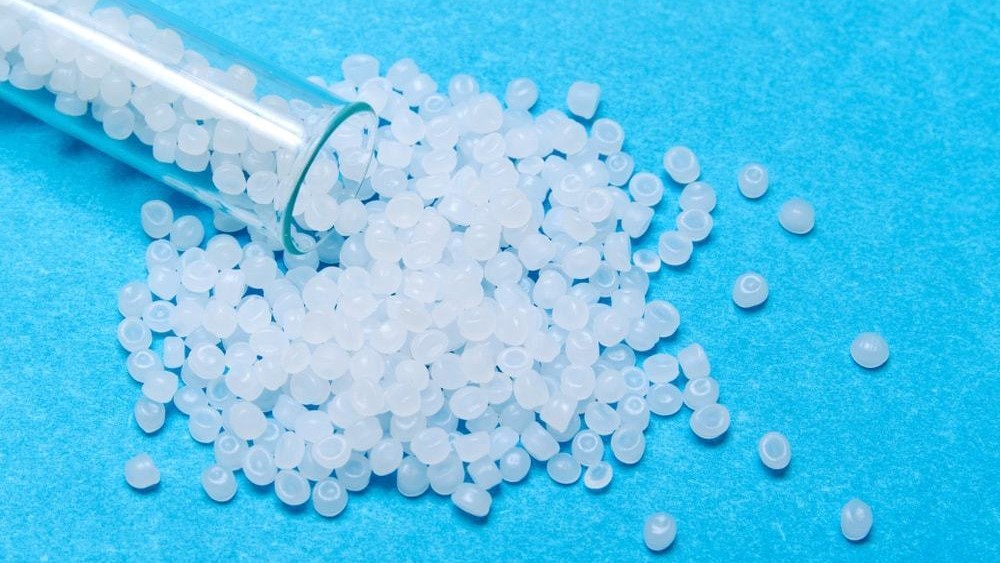The research, by a team at Western University (WU), London, Ontario, replaced high-density polyethylene pellets used in conventional plastic with powder made by grinding up hemp stems. The material was fed directly into the manufacturing process currently used to produce packaging, with no special technology or processes added.
“This work demonstrates a new series of biocomposites . . . which can be fully sourced from renewable resources and has strong potential for biodegradation in the environment,” according to the study, published in The Journal of Polymer Science.
Tests showed that while the strength and malleability of the hemp-based material do not meet benchmarks in conventional plastics, it is stronger and more malleable than other plant-based materials, and of sufficient quality for many applications.
“When it comes to packaging, plastic replaces things like metal and glass. Those are heavy and expensive,” Elizabeth Gillies, a WU chemistry professor who is an author of the paper, told Canada’s CBC broadcaster. “Depending on the shape, hemp can have a fibrous structure, which works great as a reinforcement for materials.”
With recycling programs proving insufficient to resolve the problem of plastic refuse compounded by a global microplastic pollution crisis, hemp bio-composites offer a planet-friendly alternative, the paper observes.
“Glass recycling is not a very profitable business and although many plastics are potentially recyclable, this is often not the case in practice,” said Gillies, who works in the university’s department of chemical and biochemical engineering, and who is also WU’s Canada Research Chair in polymeric biomaterials.
“In terms of cost, biomaterials are currently more expensive to produce than plastics, but companies are working to optimize and reduce prices, so costs are expected to decrease in the coming years as these technologies improve.”
Image credit: StanislauV/Shutterstock.com




